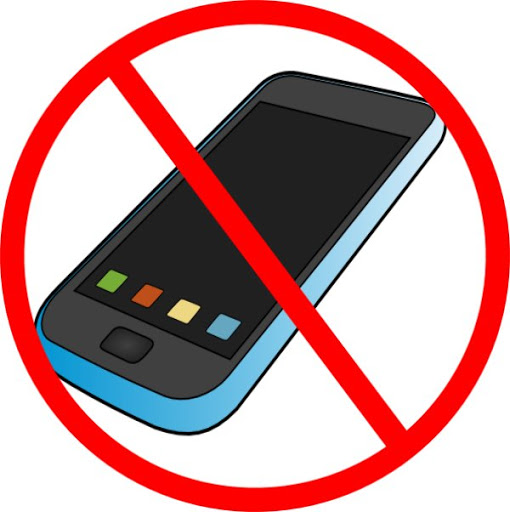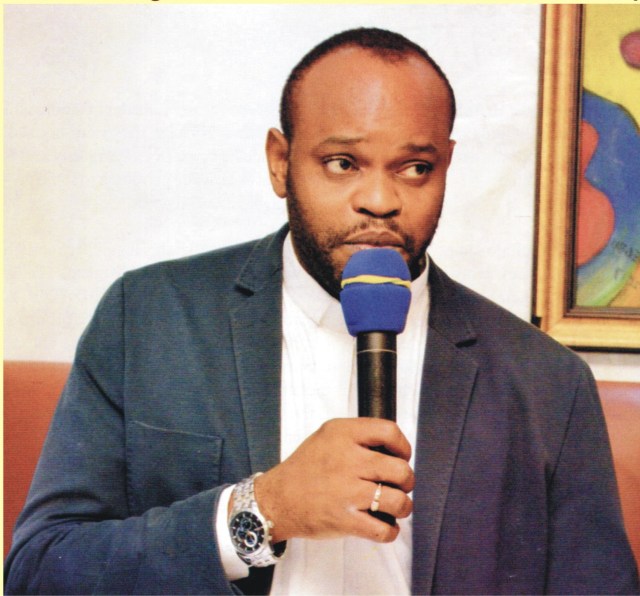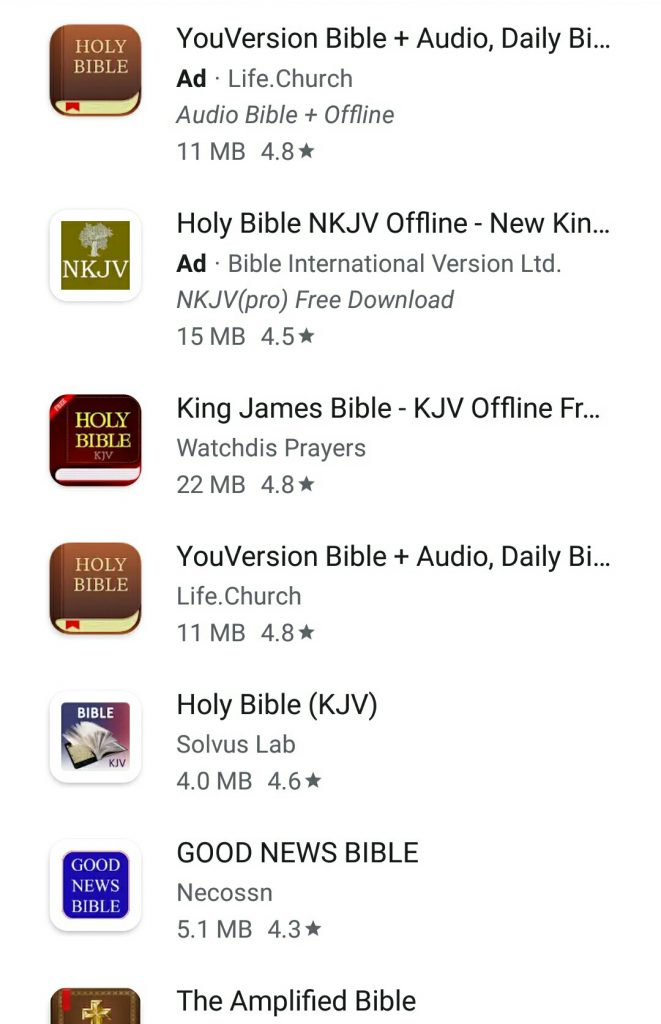In a Catholic church in Lagos, the priest, while trying to berate Catholics for their widely-recognised penchant for coming to Mass without their Bibles, asked his congregation to raise their Bibles.
Less than 5% of them had Bibles and the priest went on to give the congregation a dressing down for not believing in their Bibles enough to carry them along.


Interestingly, many of the church members have Bibles which they almost always carry along, everywhere.
But because Catholic churches in Nigeria have a strict no-phone policy during Mass, they couldn’t prove that they actually did come to church with their Bibles.
The no-phone policy
The longstanding policy of switching off phones during Mass actually comes from a very good place.
The general idea is to avoid distraction. A Catholic priest, Reverend Father Ikechukwu Anthony Kanu (O.S.A) explained that the real problem is the abuse that will almost always come from allowing phones during Mass.
“There are cases of young people going to Facebook during worship, ” Father Kanu who is also a Professor of Religion and Cultural Studies tells me.
“There are cases of people answering calls during worship. There are cases of people chatting or sending text messages during worship. These distract worship. It distracts not only the person but also other worshipers.”


According to the respected clergyman, young people have been known to use their phones for more than just worship during Mass. Far more than just worship.
A lady once told me after Mass that a man she was sitting with asked for her number during worship and began sending her text messages right there. Obviously he had things to say which he didn’t want others to hear.
Reverend Father Kanu O.S.A
To be fair on the church, the no-phone policy came into being long before people started carrying important documents like the Bible in their phones. Maybe if Bible apps have become the popular phone accessories that they are today, the church wouldn’t have promulgated such a limiting decree.
Or maybe not. Do Christians generally consider Bible apps the real thing?
Should Bible apps really count?
To Christian traditionalists, and there are still a great many of them around, if it is not a physical paperback hardcopy Bible, then it is not a Bible. For Catholics, it draws from the general (but not necessarily correct) belief that for the Bible to indeed be capable of driving away evil, it has to be blessed (and probably sprinkled with holy water) by a priest.


So, if the Bible is in a smartphone, is it truly holy? Is it capable of warding off evil? Do Bible apps really count? Are they substitutes for hardcopy Bibles?
There are mixed reactions among the young Catholics I spoke with on the matter. Precious, for instance, thinks Bible apps are not the real thing.
“There’s actually no straight way to answer it as it deals with individuality,” she confesses first. “Personally, it doesn’t work for me. I prefer hardcover. When I use the Bible app, it’s just like reading a storybook for me.”
Raphael, on the other hand, believes Bible apps and indeed other applications for accessing church resources are the real deal and their use should be encouraged.
“I even have other Catholic applications used for Mass,” Raphael tells me. “I have Laudatte app which has most Catholic prayers especially the Latin prayers. I also have the Catholic hymn book on my phone and I use them all during Mass,” he says.
Reverend Father Kanu agrees that Bible apps count and are indeed the same as paper Bibles. According to him, what matters is its content and its content is the Word of God.
“God’s word is Holy wherever it is. Whether it is read from the phone or from the hard copy doesn’t matter. What is most important is that the content of the Word of God is not diminished.
Father Ikechukwu Kanu O.S.A
A lot of Christians will agree with the Father that the content of God’s word is what matters regardless of where it is read from.
So, if it doesn’t really matter where it is read from if Bible apps validly contain the content of God’s word, why does the Catholic church obstruct access to that word with its No-Phone rule?
Middle grounds
Interestingly, the young Catholics I spoke with admitted to using their phones during worship despite the church’s stand against phones during Mass.
Raphael couldn’t imagine a situation where his phone is switched off because all his church resources are on his phone, to begin with.
“I personally don’t subscribe to the no-phone policy. You can’t tell someone who uses his phone for Mass that the phone is a distraction hence should be switched off,” he argues before giving an even more interesting perspective:
“When I was an ATM custodian, I could be called at any time to go resolve ATM errors and there’s a time frame for such. On many occasions, I received such calls while Mass was on.”


Precious, who agrees that majority of Catholics don’t come to Mass with their paper Bibles admits that in cases of emergency readings when the priest decides to teach directly from the Bible, she accesses her Bible app.
“I read from my app for such situations,” she replies when I asked her what she’d do if a priest decides to give homily from the Bible. “It’s on the basis of a personal study that I was saying Bible apps don’t work for me.”
So, if Catholics admit to using their phones for worship despite the no-phone policy, isn’t the aim of the policy already defeated?
Shouldn’t the church tow the line of the Angels who told Abraham that for the sake of 10 good men they wouldn’t destroy Sodom, and at least for the sake of those who actually use their religious apps for worship reach a middle ground?
How about the put on silence option?
Instead of insisting on a total switching off of phones, perhaps a more inclusive solution would be phone silencing. Raphael agrees that silencing phones rather than switching them off should do just fine.


“The silence-your-phone policy is fair enough,” he says. “But then during the homily, all devices must be put away. Some priest will categorically make that announcement before homily because they know some people use their phones for readings and hymns. But they don’t insist you put it off because of emergencies.”
Raphael’s prescription sounds like a win-win for everyone because it echoes the sentiments of a lot of young Catholics. And as the world becomes more and more digitized, more and more Catholics will assume this stance.
In conclusion…
Truth is, in today’s digital and hyper-communication age, it is a very bad communication habit and even worse business strategy to switch off your phone at any time.
Catholics aren’t exempt. Thus, many of them don’t actually switch off their phones during Mass. They just set it to silent mode. If distraction is the problem, silent mode is definitely a workable solution.
And if silent mode is a solution, then churchgoers will be able to access the Bibles apps and other resources in their smartphones without defeating the aim of the no-phone policy.
Reverend Father Kanu himself admitted that many priests now use tabs for the homily. If the pastoral team can give themselves such benefit of the doubt, surely same can be extended to the laity.






